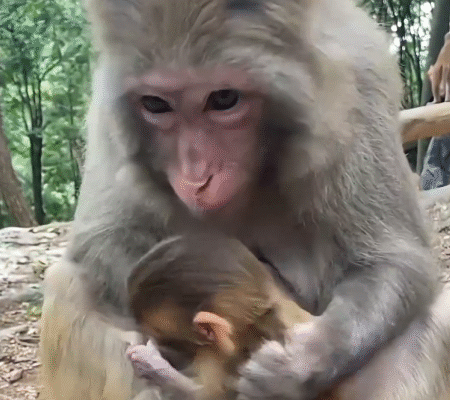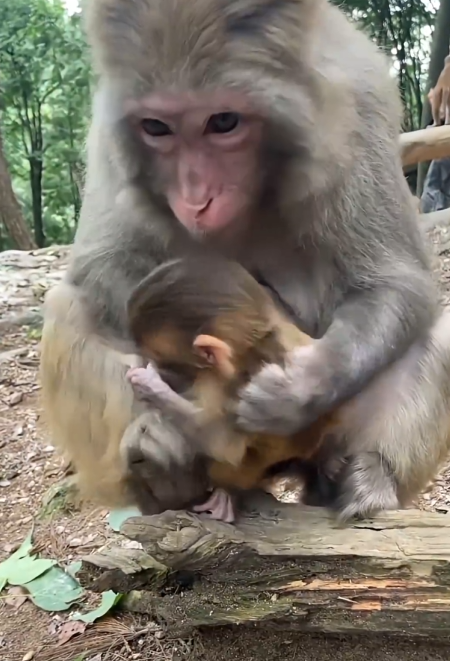
Trust is fragile, like glass. Once broken, it can never truly be the same. For a child, a mother is supposed to be the first fortress, the unwavering guide through a confusing world. But what happens when that fortress hides shadows behind its walls? This is the story of a child’s trust and the quiet deception that threatened to shatter it forever.
The Beginning
Maya was only six years old when she first learned the meaning of trust. Her world was small and tender: her father worked long hours in the city, and her mother, Lila, was her closest companion. Lila had soft hands, always gentle on Maya’s hair, and a warm smile that could make any scraped knee seem like a minor setback.
“Everything will be fine, sweetheart,” Lila often said. And for Maya, everything always was. Until one morning, it wasn’t.
The First Deceit
It started innocently enough. Lila promised Maya a new doll for her birthday — a gift Maya had been wishing for all year. She imagined it endlessly, naming it, imagining tea parties, even deciding where in her room it would sit.
The morning arrived, and Maya rushed down the stairs with bubbling excitement. Lila handed her a small, carefully wrapped box. Maya tore it open… only to find a simple cloth doll, hand-sewn but not the elegant store-bought one she had dreamed of.
Maya’s small shoulders slumped. “I… I wanted the other one,” she whispered, unsure whether to feel disappointment or gratitude.
Lila smiled, her voice soothing. “It’s even better this way. Someone made it just for you. See? It’s special.”
Maya nodded, forcing a smile. But something had shifted. She didn’t know it then, but the first crack in her trust had formed.
The Lies Grow
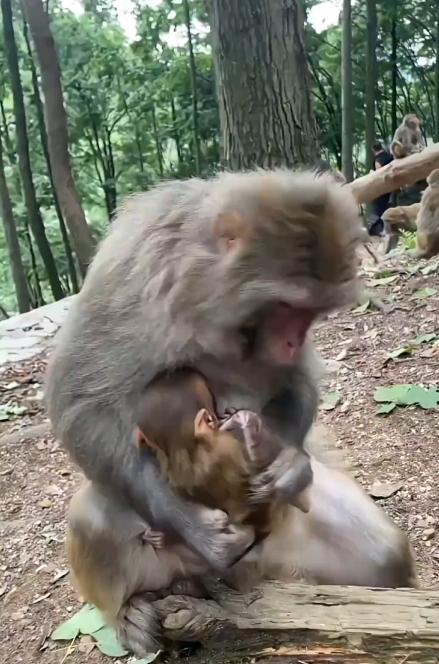
Years passed. Maya grew older, and with age came curiosity and observation. She noticed how her mother’s words sometimes didn’t match reality. Promises of outings that never happened, explanations that didn’t add up, stories that seemed invented.
One day, Maya asked why their garden plants wilted despite Lila saying she had watered them. Lila replied smoothly, “Oh, the sun was too strong today, that’s all. Don’t worry.” Maya wanted to ask more, to uncover the truth, but something in her held back. She didn’t want to confront the woman she trusted the most.
And so, the small deceits piled quietly — each one unnoticed by the world, but slowly gnawing at Maya’s sense of certainty.
The Heartbreaking Discovery
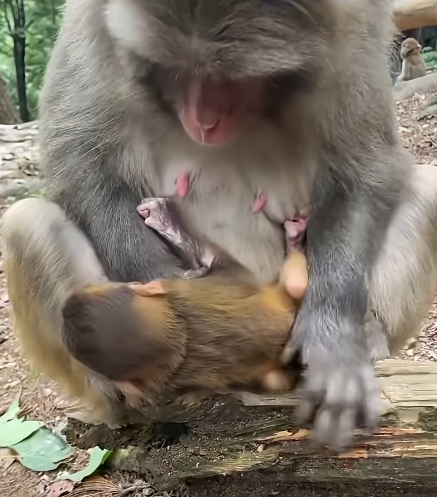
It was Maya’s tenth birthday when the veil fully lifted. Lila had promised a small celebration, inviting a few neighbors and family friends. Maya had been excited, imagining laughter, cake, and balloons. But when she arrived home from school, there was no sign of preparation. The cake was gone, the neighbors were nowhere, and the small room smelled of untouched air.
“Mom?” Maya asked cautiously.
“Oh, I… forgot today was your birthday,” Lila said, her voice almost casual. “I’ll make it up this weekend, okay?”
Maya’s heart sank. It wasn’t just about the forgotten celebration. It was the way her mother’s eyes refused to meet hers, the small hesitation before speaking, the careful choice of words that tried to cover the truth.
That day, Maya understood something she hadn’t before: her mother could lie. And worse, the person she had trusted above all others had chosen deceit over honesty.
The Struggle to Trust Again
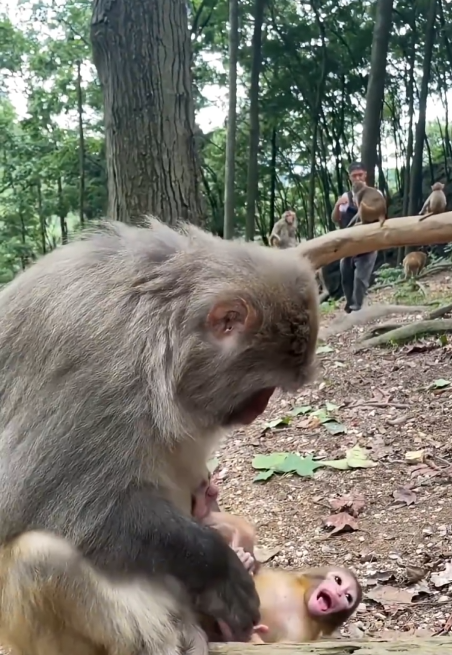
The weeks that followed were difficult. Maya found herself questioning every word her mother said. Was the promise of a weekend celebration real, or another lie? Had Lila really bought her the clothes she said she had, or were they gifts repurposed from somewhere else?
Maya began to withdraw. She stopped sharing small secrets, stopped rushing to show her drawings or recount her day. Where she had once turned to her mother for comfort, she now turned inward, seeking solace in her notebooks, her books, and the small circle of trustworthy friends at school.
And yet, despite the deceit, a part of Maya wanted to believe. She clung to the memory of her mother’s soft hands, her soothing voice in the nights of fever or nightmares. Trust, she realized, wasn’t entirely gone — it was just cautious, fragile, like a bird watching from a high branch, afraid to fly too close to a shadow.
Confrontation
It took months before Maya found the courage to speak openly. She chose a quiet afternoon, sitting across from her mother in the small kitchen that smelled faintly of cinnamon and tea.
“Mom,” Maya began, her voice steady despite the tremor in her chest. “Why do you lie?”
Lila froze. She looked at her daughter, a mixture of guilt and surprise crossing her face. “What do you mean?” she asked softly.
“Everything,” Maya said, tears welling up. “The promises you don’t keep. The stories that aren’t true. The times you pretend. I trusted you… and now I don’t know what to believe.”
For the first time in years, Lila didn’t respond with a quick excuse. She sat in silence, a heavy weight settling between them. Then she spoke, her voice trembling.
“I… I thought I was protecting you, Maya. I wanted you to be happy, to avoid disappointment. I thought my lies were harmless, that you’d never notice. But I see now… I was wrong. I broke your trust, and I am so sorry.”
Maya listened. The apology was sincere, but the hurt remained.
Healing Slowly
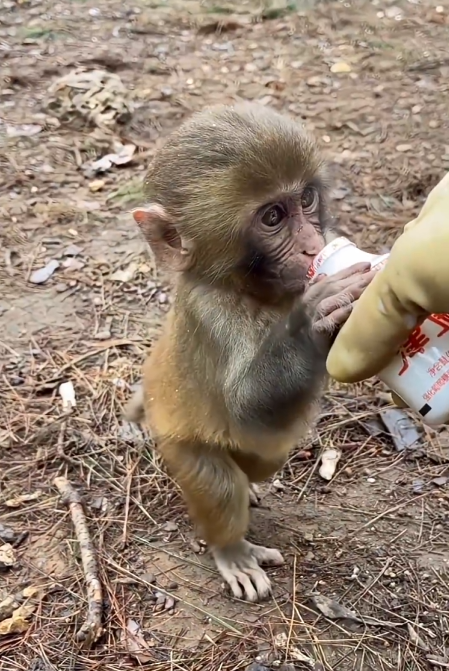
Rebuilding trust isn’t easy. It doesn’t happen overnight, and it doesn’t erase the past. But small steps can make a difference.
Lila began to change, slowly and deliberately. She kept promises she made, no matter how small. She admitted mistakes instead of covering them up. She let Maya make decisions and be part of her own life without interference.
Maya, in turn, learned that trust can be cautious yet resilient. She began to open up again, testing her mother with small truths, observing her actions more than her words. Over time, the fear of deceit softened, replaced by careful hope.
Lessons Learned
Mother’s deceit and a child’s trust exist in a delicate balance. When a mother deceives, even for reasons she believes are protective, the child’s innocence and reliance are tested. And when a child’s trust is betrayed, the emotional ripple can last far longer than anyone expects.
Yet, there is hope. Apologies, honesty, and deliberate actions can rebuild bridges, and children, though cautious, can learn to trust again.
For Maya, the journey was long, filled with moments of doubt and pain. But it also taught her resilience, discernment, and the importance of integrity — both in others and in herself. She understood that people are flawed, that love can coexist with mistakes, and that trust is a precious gift that must be treated with care.
Conclusion
Mother’s deceit can wound deeply, but it doesn’t have to destroy entirely. A child’s trust, once broken, may never return to its original state, yet with effort, love, and honesty, it can grow stronger, wiser, and more discerning.
Maya learned that lesson the hard way, carrying it into adulthood with a mixture of caution and compassion. She became a person who valued truth above all, who understood that forgiveness is not forgetting, and that trust, once given, is sacred — but also worth protecting fiercely.
In the end, mother and daughter found a fragile equilibrium. The deceit had left scars, but the bond, though transformed, endured. And Maya’s heart, once shaken, learned to open again, carefully, wisely, and with hope.
